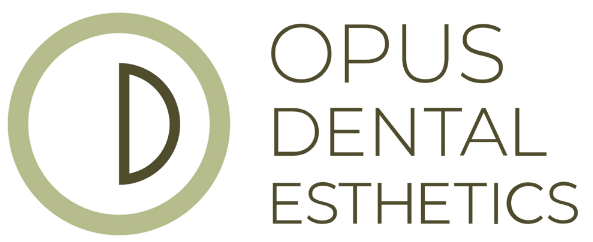Many people think oral cancer is a rare disease. In fact, it is not. The Oral Cancer Foundation estimates that more than 43,000 people will be diagnosed with oral cancer in 2014. What’s more staggering are the estimates that oral cancer will cause over 8,000 deaths.
Oral cancer is not a difficult cancer to detect or diagnose, yet the death rate is higher than cancers that receive more attention like cervical cancer, skin cancer and Hodgkin’s lymphoma.
The reason for the low survival rate (about 57%) is because of the fact that most oral cancer is discovered late in its development. The survival rate increases dramatically (more than 80%) when it is diagnosed in the early stages.
You Don’t Have To Be A Smoker To Get Oral Cancer
The most obvious risk factors for oral cancer are tobacco use and alcohol consumption. The Oral Cancer Foundation states that, “tobacco use remains the single most important and preventable cause of this disease.”
A growing area of concern is the number of oral cancers diagnosed in young, non-smoking adults. HPV is now the leading cause of oropharyngeal cancers, in the very back of the mouth and throat.
What makes HPV related oral and oropharyngeal cancer difficult to diagnose is individuals may not realize they have the HPV virus and symptoms of HPV related oral cancer can be very subtle and painless.
Oral Cancer Screening is Quick and Painless
Is five minutes too much time to spare for something that could save your life?
An oral cancer screening from a dental health professional is the best way to prevent the progression of the disease.
Philadelphia dentist Dr. Pamela Doray says one of the most important components of the screening is a conversation between the dentist and patient. “It is critical that the dentist review your medical history and ask you questions about problems you may be experiencing or changes you may have noticed. The signs patients tend to ignore or painless symptoms are the ones that actually raise the red flags.”
What can you expect?
- A series of questions to find out if you’ve noticed any changes in swallowing or speaking, noticed any lumps, chronic hoarseness, chronic earaches or sores in your mouth.
- Your dentist or hygienist will perform an exam of the face, neck, lips and mouth to look for signs of cancers.
- It is important that the dentist use his or her hands (with rubber gloves) to feel the external area of the jaw and neck as well as the inside of the mouth.
- The dentist will also examine the tongue and floor of the mouth, inside of the cheeks, roof of the mouth and back of the throat.
- Some dental offices will also use a special light that illuminates abnormal cells, making it easier to detect signs of cancer.
April is Oral Cancer Awareness Month, Schedule Your Screening Today
Dr. Doray wants you to know that an oral cancer screening is part of every comprehensive and every hygiene exam at our practice. We also offer the Microlux/DL oral cancer screening for patients as an option for an additional fee. To learn more or schedule your appointment, call our office at 215-395-6076 or request an appointment online.
